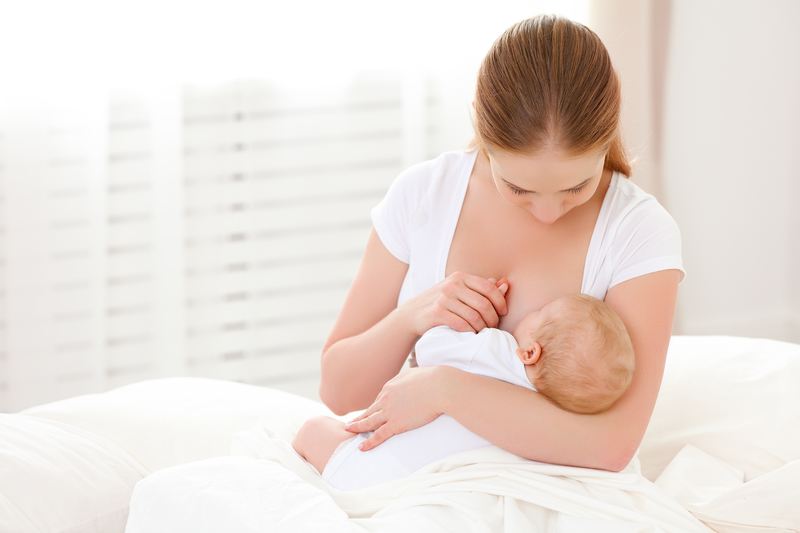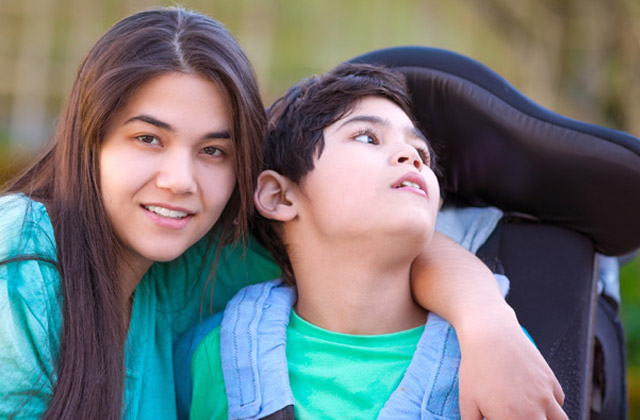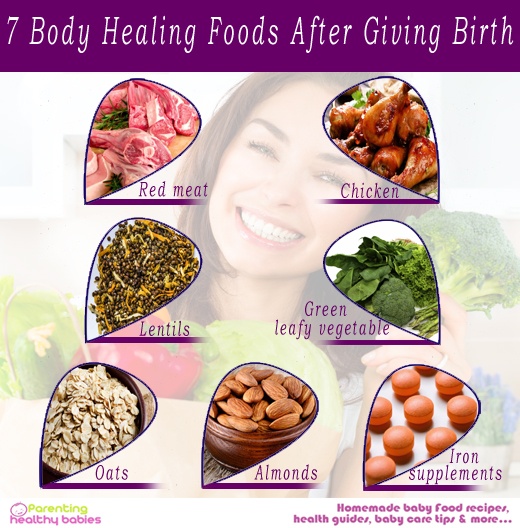Over 88% of the breast milk is composed of water and thereby it is important for the mothers to stay hydrated. The mother’s bodily fluids deplete when feeding an infant. A nursing mother should thus drink even more quantity of water than it is recommended. And it does not necessarily have to be just water but other additional fluids as well in order to make it up for what the body uses to produce breast milk. When a nursing mother is dehydrated, the composition of the breast milk also changes which in turn affects the health of the baby.
Dehydration while Breastfeeding: Things you Need to Know
Does breastfeeding makes you dehydrated?
One of the most often asked questions is if breastfeeding makes the mother dehydrated. Well, the answer depends on the fluid intake. So, if you are healthy and your fluid intake is regular, breastfeeding your little one won’t dehydrate you. On the other side, if you are sick or you do not take care of hydrating your body, then you are at the risk of getting dehydrated.
What are the signs and symptoms of dehydration while breastfeeding?
Listed below are the signs and symptoms of dehydration while breastfeeding:
- Fatigue
- Breasts feeling lighter
- Giddiness
- A decrease in milk production
- Muscle cramps
- Nausea
- Dryness around the lips and inside your mouth
- Headaches
What is the recommended water intake for lactating mothers per day?
An average adult woman is recommended to drink over 2 to 2.5 litres of water on a regular basis, according to most health authorities. Whereas for a nursing mother, 2 to 2.5 litres of water plus an additional 700ml of fluids should be consumed a day in order to prevent dehydration because a breastfeeding woman produces around 700 to 750 ml of breastmilk per day.
Are there any other causes of dehydration while breastfeeding?
There are a number of other possible reasons that can lead to dehydration while you are breastfeeding. Some of the these are as listed below:
Food poisoning or any other illness can make you suffer from diarrhea or food poisoning, which in turn can make your body fluids get depleted rapidly. Thus, you should avoid eating unhealthy food and street food in order to prevent dehydration while breastfeeding.
Dieting or fasting
Dieting or fasting while you are breastfeeding would never be recommended to anyone as that can deplete the bodily fluids. To prevent dehydration, you must ensure that you eat nourishing foods and drink plenty of water.
Consumption of too much caffeine in the form of tea, coffee or cola can also lead to dehydration. You must have water and fresh foods instead of caffeinated drinks.
Inadequate intake of fluids
Many first-time moms forget to pay attention on themselves as they get so preoccupied with their baby. In that case, you do not drink water in adequate amounts which thus leads to dehydration.
You either need to put reminders and try to set up a schedule to regularly drink water, or you can try IV supplements to balance the hydration level in your body. IV therapies are commonly used by new moms, as they not only help to rehydrate the body but also improve the immune system. For instance, mobile IV therapy Oklahoma city offers IV therapy services that include consultation with RNs who offer customised packages, beneficial for both you and your baby.
Can dehydration due to breastfeeding affect the health of the mother or the baby?
Yes. Dehydration due to breastfeeding can lead to some serious health issues in both, the mother as well as the baby. As discussed above, the composition of the breast milk can change if the mother stays dehydrated for more than two days. Also, the quantity of the milk produced may not be enough for the baby, which can further affect the baby’s health. In addition to this, dehydration can also cause muscle cramps in the mother’s body when she holds her baby while nursing.
How to prevent dehydration during breastfeeding?
Drink plenty of fluids
You need to make sure that you drink plenty of fluids in the form of water, tender coconut water, whole milk, fresh fruit juices and fruit smoothies.
Try ORS (Oral Rehydration Solution)
You must visit a doctor if you are suffering from diarrhea or vomiting. You may be recommended some Oral Rehydration Solution (ORS) to treat dehydration. However, along with that, you must also eat home cooked meals made from fresh produce to avoid the risk of dehydration from food poisoning. You must also prevent water borne diseases by drinking purified water from trusted sources.
Eat hydrating fruits and vegetables
You should eat hydrating fruits and vegetables like spinach, strawberries, peaches, cabbage, tomato, watermelon, lettuce, radish, honeydew melon, oranges, apricots, zucchini, muskmelon and blueberries.
Conclusion
Dehydration while breastfeeding is only likely to happen when one does not drink adequate amounts of water. If you are a breastfeeding mom, you must make sure that you stay hydrated by adequate intake of fluid. In case, you have been suffering from vomiting, diarrhea or any other symptom of dehydration, you must consult your doctor.
References
https://journals.plos.org/plosone/article?id=10.1371/journal.pone.0167313
https://www.ncbi.nlm.nih.gov/pmc/articles/PMC1595116/













